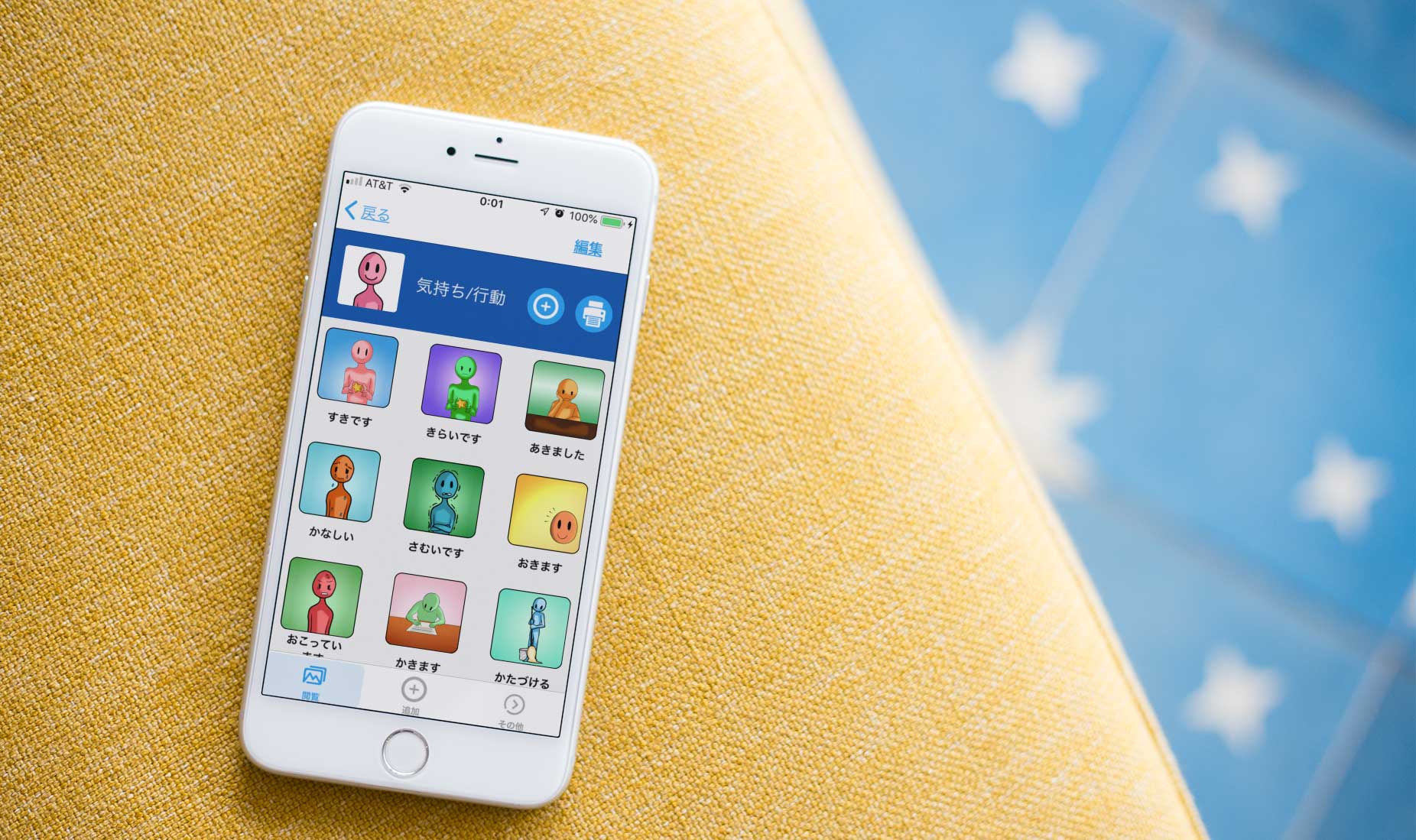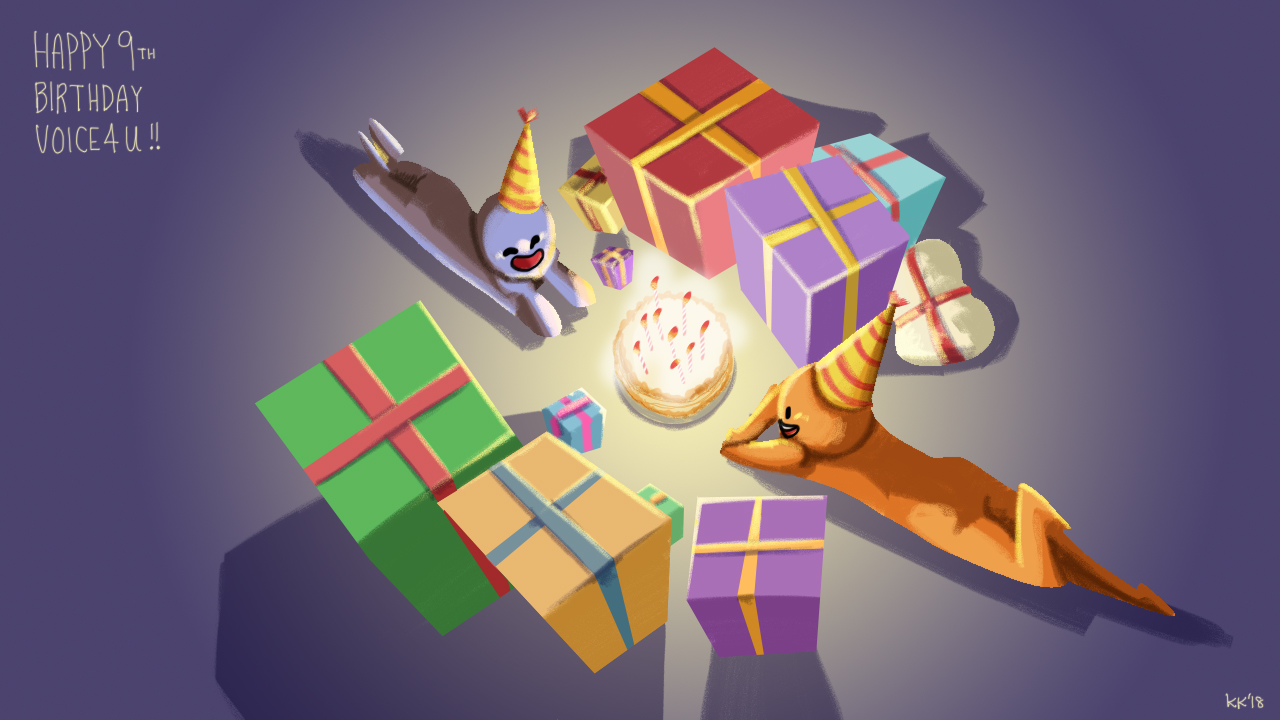When I was informed that Wataru may have autism, I was sent to another specialized hospital. It wasn’t until several months later that he was diagnosed with autism. Because his mental development was recognized as being slower than normal, he was put into specialized classes for his early childhood education. He had already learned several things like how to distinguish between the different colors. A speech therapist was sent to my house to teach me sign language too. I had assumed that the first signs she would teach me would be words like “no”, “don’t touch that”, “be quiet”, or “that’s dangerous”, but I turned out to be completely wrong. The first sign she taught me was what gave me courage to continue on without losing hope. Those words were — “I love you”. This was the sign language taught to me so that I could express my feelings towards my one and only son.
Wataru constantly faced challenges with language and communicating his thoughts. I kept remembering what I was told by the child neurologist when Wataru was a year old: “he may never say a word in his entire life”. This thought wouldn’t leave my head. All I wanted was for him to have said just one word by the time he turned twenty. Despite this claim that the doctor made, the speech therapist told me that even though the doctor said that Wataru may never talk, she thought differently. She assured me saying, “We are the ones teaching him. It’s okay. There’s no need for you to worry”. I was glad to see that I was not alone.
Other problems I faced with Wataru’s autism were his panic attacks and constant runaway attempts. He had allergic reactions to the medicines prescribed to him to control his sleep disorder, which was another large issue.
This second part of my life felt as if I was working to stop a ticking bomb. If that bomb went off, it was hard to regain control of my son’s panic attacks and allergies. Through all of these struggles, I discovered one thing. It was noticeably easier to control the severity of Wataru’s panic attacks if I could communicate with him by using images. If I managed to communicate with him, the number of panic attacks would decrease significantly. I discussed this with our speech therapist, and decided to carry icons with me wherever I went. As Wataru’s knowledge expanded, the file of icons grew fatter and fatter until it weighed five kilograms. I constantly had to carry this five kilogram file, along with a change of clothes, food (without allergens), and if Wataru had a panic attack, I would have to carry him too, adding another sixteen kilograms to my load. I was literally a walking storage woman.
Another thing that turned out to be problematic was Wataru’s love for pretty women. Whenever he encountered somebody he liked, he would walk up to her and shake her hand. I had to chase him whenever he did this, I being me plus my load of luggage. Because this was my daily life, I wanted some way to make smaller the large file of icons that I had to decrease my load just a little bit.
When Wataru was five years old, his allergies sent him into an asthma attack. He was hospitalized immediately, for he even lost consciousness. The bomb had gone off. Just what I had feared most had become a reality. This may be the last time I see my son… grim thoughts circled inside my head. The doctors even told me to contact my family and relatives. They kept on giving him shots and IV’s, but he remained unconscious. Kaho and I stayed by Wataru’s side throughout the night, on the verge of tears. Come morning, he finally woke up. The nurses had just switched shifts, and the man that had been helping us earlier was replaced my a pretty, young girl.
I thought Wataru was going to hug Kaho and I as soon as he saw us by his side, but… well, I should’ve known better. The first thing he did upon regaining consciousness was get up and shake the pretty nurse’s hand. Kaho and I were cried while laughing at the actions of our precious Wataru.
Even during his stay at the hospital, “Are you thirsty?”, “Does it hurt?”, and “Where’s Thomas the Tank Engine?” were parts of almost all conversations, and this meant always using that same heavy icon file. If only it were a little more compact, it would be so much easier to use even in the hospital.
Through all of these episodes, Wataru has grown into the fifteen year old boy that he is now. Our house is always filled with people because Wataru loves to have company. Amongst those people coming over were some individuals involved with famous companies in Silicon Valley. This is how the topic of the iPhone first came up. I said, “I had always thought this since Wataru was a little boy, but it would be really helpful to autistic kids if we could put icons on the iPhone”.
I showed them the application I already had in my iPhone for these purposes, but on top of being nearly impossible to understand and use, the pictures were bad and it was incredibly expensive. Even though I had spent so much money on it, I had become tired of trying to figure it out, and it became useless within several seconds. In response to my thoughts, the two people that were with me that day said, “We can make something like this ourselves. Let’s do it.”
When I told the speech therapist about this idea, she said, “Yumi, that wouldn’t be helpful to just Wataru. It would be helpful to all kids with autism. It would be so great if you could make it available to them.”
After this, my conversations with our speech therapist always revolved around Voice4u. Teachers became involved as well, along with others that hold similar jobs to that of speech therapists, and even teachers from other schools. Occupational therapists, Wataru’s friends parents, and kids with autism all gathered to share their ideas about this soon to be new application. It was a repeating process; whatever we made had to be tested, from which we could make more modifications.
Voice4u Turns 9! – Get Voice4u on the iTunes Store for FREE! (12/30/2018-1/1/2019)
Happy Birthday, Voice4u! It has been 9 years since the first Voice4u has been created. Since then, it served in over...



![[Update] The Universal Clipboard is now Enabled on the Voice4u TTS 📝](https://voice4uaac.com/wp-content/uploads/2018/12/voice4u-tts-universal-clipboard-mac.jpg)
![[Update] Voice4u AAC for iOS v3.9: more image option](https://voice4uaac.com/wp-content/uploads/2018/07/v4u-aac-android-en-cover-1-1280x720.png)
0 Comments